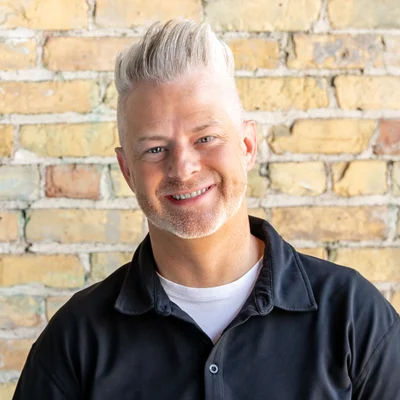Mormons and Blacks in the United States have not always had a good relationship. However, in recent years, leaders of the Mormon Church and leaders of the NAACP have tried to forge a stronger relationship with each other through service in the Mormon and Black communities. In 2018, The Church Of Jesus Christ of Latter-day Saints, or Mormon Church, began a partnership with the National Association for the Advancement of Colored People, or NAACP. In a press conference, President of the Mormon Church, Russell M. Nelson, and Derrick Johnson, president and CEO of the NAACP, spoke about the need for communities to come together to create civility and racial harmony.
The NAACP and the Mormon Church announced in 2021 that they would be joining together for various projects that would help Blacks and Mormons throughout the United States. These projects aimed to address not only racial issues but also social, educational, and economic disparities that disproportionately impact Black communities. They announced three joint projects: a scholarship fund, a student fellowship in Ghana (study abroad), and humanitarian aid projects in five U.S. cities.
The scholarship fund provided financial assistance to Black students pursuing higher education. The scholarship gave $15,000 over three years to each student-recipient. The Ghana fellowship program offered a unique cultural and educational experience, allowing Black and Mormon students to explore the history of the slave trade in Ghana and its lasting effects. The fellowship was named after Reverend Dr. Amos C. Brown, a civil rights leader and pastor of Third Baptist Church of San Francisco. The fellowship would be awarded to 15 Mormon students, 15 students chosen by the NAACP, and 17 students chosen by Dr. Brown. The humanitarian aid projects would be planned and executed by local NAACP officials and local Mormon Church leadership in Houston, Memphis, Minneapolis, San Francisco, and Washington D.C. The Mormon Church donated $2 million every year, for three years, to these humanitarian projects.
The humanitarian aid project for Memphis, called MyBaby4Me, exemplifies the vision of this collaboration between the NAACP and the Mormon Church. MyBaby4Me was planned by Vickie Terry, the executive director of Memphis’ NAACP Office, and Elder Michael V. Beheshti, a physician and former Area Seventy of the Mormon Church. Terry voiced concerns over the infant mortality rate for Black children in Memphis. and Beheshti found a successful program in Ohio (Moms2B) that they could use to model their work in Memphis.
Moms2B, the Ohio program, found various risk factors that were detrimental to infant survival: food insecurity, homelessness, lack of (or unreliable) transportation, and lack of basic necessities. Moms2B began supporting pregnant moms in these areas and saw infant mortality decrease from 15/1000 infant deaths to 3/1000 infant deaths.
MyBaby4Me began implementing similar supports for pregnant mothers last year. This collaboration between Mormons and Blacks has seen great success. So, far the program has supported 30 pregnant mothers, had 118 formal gatherings, made 1,000 contacts, given 700 meals, 600 grocery bags, 500 gift cards (for gasoline and other necessities), and seen 18 healthy babies born. In April 2024, the NAACP and the Mormon Church were recognized by the U.S. Department of Health and Human Services for their Memphis humanitarian aid project, MyBaby4Me.

By Todd Noall, Source Expert
Todd Noall is an author and religious scholar at Mormonism Explained with a focus on the history and theology of religion.

Fact Checked by Mr. Kevin Prince, Source Expert
Kevin Prince is a religious scholar and host of the Gospel Learning Youtube channel. His channel has garnered over 41,000 subscribers and accumulated over 4.5 million views. Mr. Prince also created the Gospel Learning App, a reliable platform where individuals seeking truth can access trustworthy answers to religious questions from top educators worldwide.
About Mormonism Explained
Mormonism Explained is a resource that was designed to provide objective and factual information about Mormonism, its history, doctrines, and policies. Our team of researchers consults experts and primary sources to present factual information on a variety of topics relevant to the Mormon Church.
